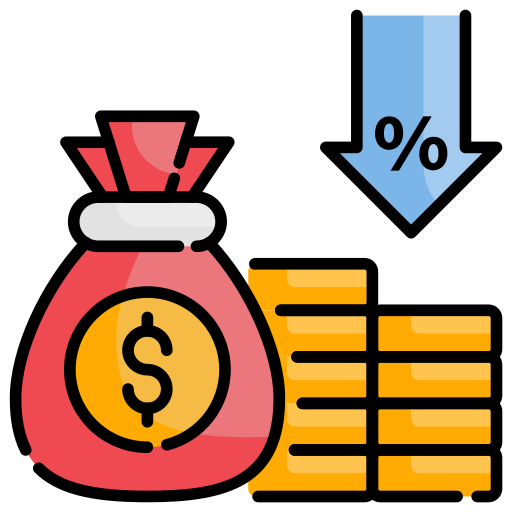Why CO2 Accounting
We are all responsible to contribute positively towards climate change and achieving <1.5 oC increase in the atmospheric temperature by 2050 – all hands are on deck. And as an old saying goes; you cannot manage what you cannot measure. Carbon accounting technologies have been around for a while, and it is at a rapid evolution stage in the current age. Organizations need to make conscious informed decisions as to how will they contribute into global and regional GHG emissions reduction targets towards net zero, and measuring the emissions is the right place to start.
Tangible benefits of CO2 Accounting:

Compliance with Regulatory Requirements:
Carbon accounting solutions help organizations ensure compliance with climate change regulations by providing standardized reporting templates, ensuring accurate measurement, and reporting of emissions, and facilitating the generation of compliance reports. This helps organizations increase global trading reach and exports, maintain regulatory compliance, and demonstrate commitment to environmental responsibility.

Sustainability and Reputation Management:
Increasingly, organizations are recognizing the importance of environmental sustainability for their reputation and brand image. Adopting an accounting solution allows organizations to measure and manage their carbon footprint, demonstrating their commitment to sustainability and responsible environmental practices. This proactive approach helps build a positive reputation, attract environmentally conscious customers, and differentiate from competitors.

Cost Savings and Efficiency Improvements:
Effective carbon accounting enables organizations to identify energy and resource efficiency opportunities, leading to cost savings and operational improvements. By leveraging a carbon accounting solution, organizations gain visibility into their emissions data, identify areas of waste and inefficiency, and make data-driven decisions to reduce their carbon footprint while optimizing resource utilization.

Competitive Advantage and Business Opportunities:
Adopting a carbon accounting solution can create a competitive advantage by positioning an organization as environmentally responsible and forward-thinking. It opens doors to new business opportunities, such as collaborations with sustainability-focused partners, eligibility for green certifications and awards, and participation in sustainability-focused supply chains.

Stakeholder Expectations and Investor Demands:
Investors, customers, and other stakeholders increasingly expect organizations to demonstrate their commitment to sustainability and environmental stewardship. By utilizing an accounting solution, organizations can provide transparent and accurate reporting on their carbon emissions and reduction efforts, satisfying stakeholder expectations and meeting investor demands for ESG (Environmental, Social, and Governance) performance.

Data-Driven Decision Making:
An accounting solution provides organizations with actionable insights and analytics based on their emissions data. This empowers them to make data-driven decisions regarding sustainability strategies, prioritize reduction efforts, set meaningful targets, and track progress over time. The availability of comprehensive data helps organizations align sustainability initiatives with broader business goals.
